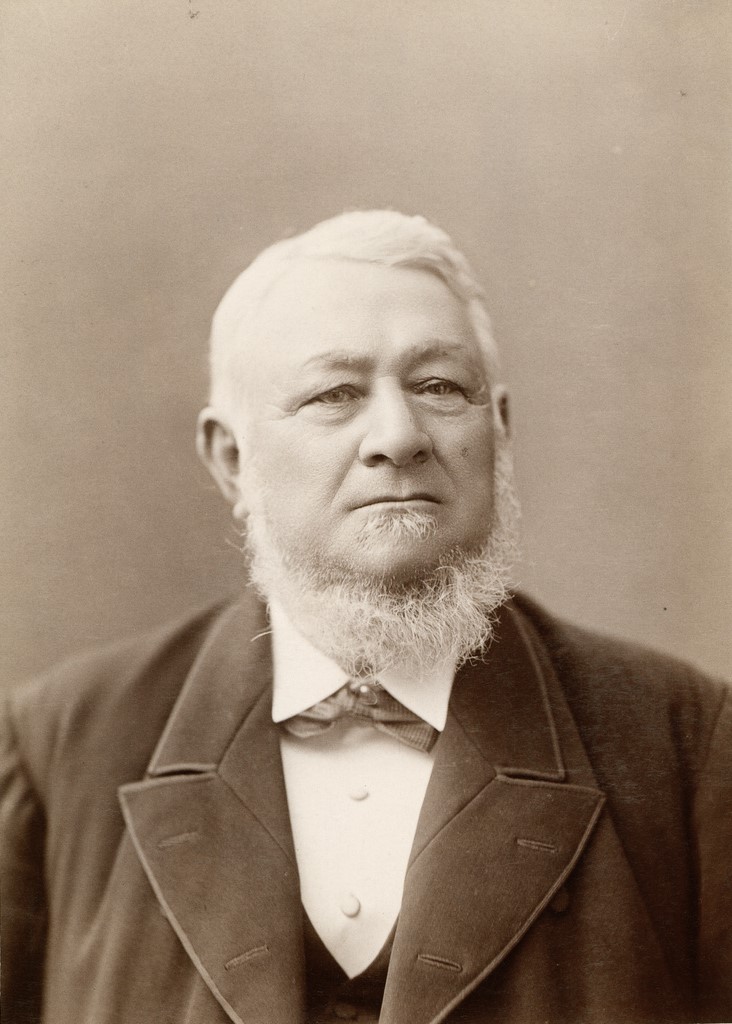Sir Henry Ayers
Sir Henry Ayers /sɜːr ˈhɛnri ˈeɪəz/ was a significant political figure in South Australian history, known for his contributions to the development of the colony, particularly during the 19th century. Ayers was highly influential, notably serving as Premier of
| Sir Henry Ayers | ||
 | ||
| Sir Henry Ayers. | ||
| Born | Henry Ayers Born May 1, 1821 Portsea, Hampshire, England | |
| Died | Died June 11, 1897 (aged 76) Adelaide, South Australia | |
| Nationality | Australian | |
| Occupation(s) | Politician | |
| Known for | Premier of South Australia | |
| Spouse(s) | Anne Ayers (née Potts) | |
| Children | 7 | |
| Signature | ||
 | ||
South Australia multiple times. He played a key role in the governance of the state, and his political leadership helped shape the future of South Australia. His most famous legacy is Ayers Rock (Uluru), which is named in his honor, symbolizing his prominence in Australian history.
Ayers in relation to the political developments of the mid to late 19th century. His work was highly regarded, as he influenced the colony’s constitutional advancements and reforms. Sir Henry Ayers was also involved in various parliamentary actions and demonstrated a long-lasting impact on the colony's politics. His service and dedication to South Australia were recognized when he was knighted, further cementing his status as a respected figure in the state’s political history.[1]
